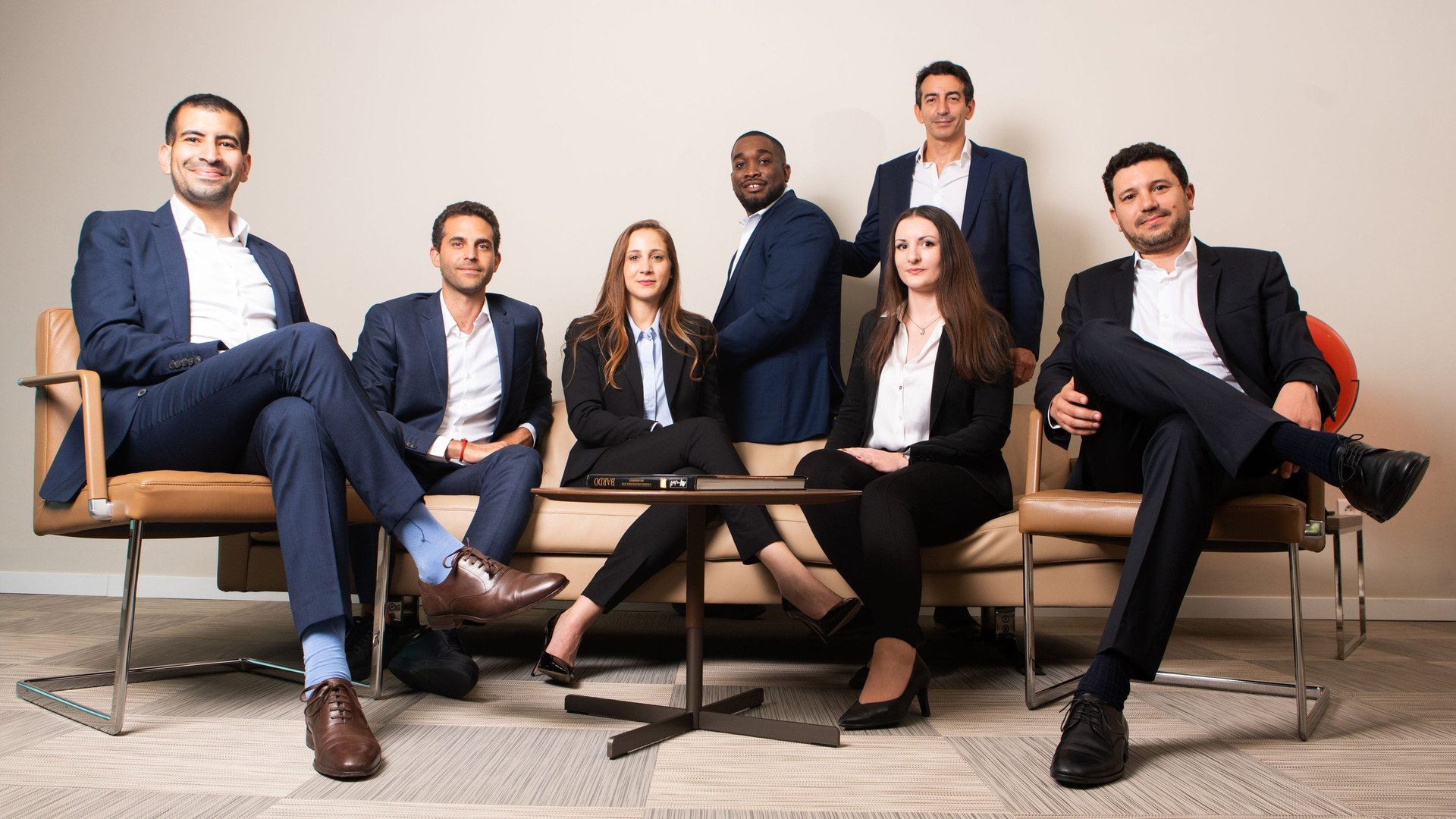This €110 million VC fund for Africa is now prioritizing startups that can break even quickly
In 2019, two private equity firms came together to form a venture capital fund to invest in African startups. That had been a record-breaking year for VC funding in Africa with $1.3 billion invested in startups, and so it made sense that new funds would emerge to ride the wave.


In 2019, two private equity firms came together to form a venture capital fund to invest in African startups. That had been a record-breaking year for VC funding in Africa with $1.3 billion invested in startups, and so it made sense that new funds would emerge to ride the wave.
But even as this year’s VC climate has become uncertain, Cathay AfricInvest Innovation Fund (CAIF) wants to find startups that have the potential to break even quickly. “In addition to our usual criteria, specifically traction of the topline, we will be analyzing the capacity of the companies we will be investing in to break even in the shorter term versus in the longer term,” Khaled Ben Jilani, senior partner at AfricInvest and co-head of CAIF, told Quartz.
“A company that is not able, with the money that we inject, to break even after 18 to 24 months will be an issue. It wasn’t the case before.”
Cathay AfricInvest Innovation Fund (CAIF) is one of the largest Africa-focused VC funds
Since October 2019, CAIF has invested in at least 10 African startups across the continent with initial check sizes between €1 million and €10 million. Now, CAIF, formed by Tunisia-based AfricInvest and France-based Cathay Innovation, says it has reached the final close of a €110 million ($112 million) fund to invest in a lot more African startups.
That amount makes CAIF one of the largest Africa-focused venture capital funds, alongside others like TLcom Capital which reached the first close of a $150 million fund earlier this year. The fund will focus on series A and B deals, with a small allocation for seed stage investments. Because CAIF had been deploying its money before this final close, it has learned some lessons and adjusted its strategy to suit the current climate for VC investment around the world.
How Cathay AfricInvest invests in Africa
One of CAIF’s recent investments was in GOMYCODE, an Andela-like edtech startup in Tunisia that produces curricula for aspiring software developers. The fund’s portfolio includes startups in multiple sectors: 54gene (health), Migo (fintech), and Aerobotics (agritech) to name a few.
The fund invests in multiple sectors where technology can be used innovatively and disruptively, says Jilani. Some of these companies, like 54gene which is building a DNA data bank of people of African ancestry, are first movers with potential to be unique across the world. Like many other firms, CAIF aims to find these kinds of companies and invest in them.
Investors are more selective
African startups recovered from a dip in funding in 2020 to raise a record of $5.2 billion in 2021, thanks in large part to the contribution of late-stage investors who helped startups like Chipper Cash, Wave, and Flutterwave raise $100 million rounds. Some of those investors—Tiger Global, SoftBank—are having a rough 2022 so far with underperforming funds, a scenario that is expected to put pressure on how earlier-stage investors value and fund startups. That may also translate into added pressure on startups to scale faster and return money quicker.
“Because we feel there is more selectiveness and pressure on money coming into Africa from late-stage investors. Some are re-concentrating on their core markets. Some are concentrating on keeping dry powder for their portfolio.”
CAIF raised its fund from a mix of multilateral funds, development finance institutions, corporates, and high net worth individuals. As such, there is a mix of social impact and commercial expectations for returns on investment. The fund’s expectations will vary from one startup to another.
“If a startup has a clear and very scalable business model with very interesting growth opportunities with a working capital model that doesn’t create a strain as it grows, then we can try the high scale route. If not, more care is needed.”